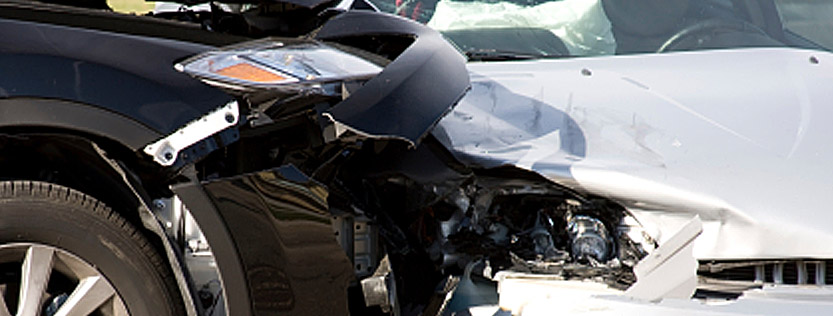Do You Need GAP Insurance?
After much deliberation, you purchase a brand new car. The payments are a little high, but they’re manageable and you have four years to pay it off. If your research pays off, you won’t have to deal with car repairs for a long time. But just six months later, a distracted driver runs a red light and t-bones you. You’re bruised and sore, and your new car is totaled.
After the insurance adjuster confirms your vehicle is a total loss, he offers you $19,500 to settle your property damage claim. But you bought your car just six months ago and you owe the bank $24,000. “The law only requires us to pay market value for a vehicle,” you hear the adjuster tell you. “Do you have GAP insurance?” he asks.
What is GAP insurance?
When a vehicle is totaled in an accident, auto insurance companies typically cover the amount of the car’s actual cash value (ACV), not the amount you owe on the loan, which can be significantly more.
GAP insurance stands for Guaranteed Auto Protection and protects drivers from unforeseen financial losses if their car is totaled in an accident. It provides a financial bridge between what is owed on a car loan and the vehicle’s estimated worth, which, in the state of Arizona, is the market value calculation.
How it works
Once a new car is driven off the lot, it immediately depreciates in value, sometimes as much as 30 percent within the first few months. If a vehicle were totaled in a collision, GAP insurance would cover the difference between what is owed and the vehicle’s estimated worth. This means you won’t be held responsible for paying the difference.
Who should have Gap insurance?
In most cases, GAP insurance is relatively low cost and can ultimately save you thousands of dollars.
People who are leasing cars or who have financed their vehicles should have GAP insurance–especially if the car is a newer, more expensive model that depreciates rapidly.
Others who should consider GAP insurance are people who drive more than the average 15,000 miles annually or who have financed for 60 months or more.
Remember that there are limits on the amount that a GAP insurance policy will cover. You should check with your auto insurance provider for details. Some policies require comprehensive coverage on your personal policy.
This information is provided by Hollingsworth Kelly to help you select the right coverage for your auto insurance needs. All insurance decisions should be discussed with your auto insurance agent so that you can make an informed decision to best suit your needs. This information is not intended to serve as legal advice.
For additional articles, videos and much more, visit our Twitter and Facebook pages!





